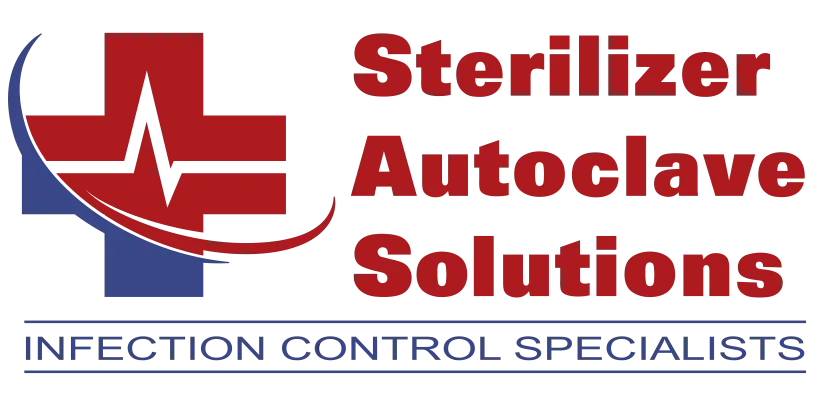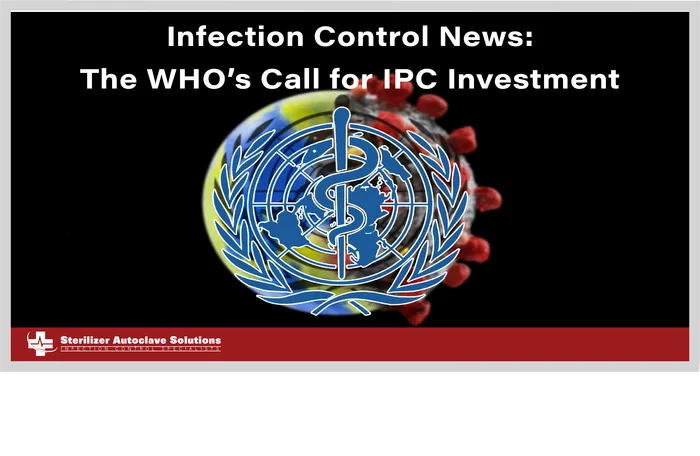Infection Control News: The WHO’s Call for IPC Investment
Infection prevention and control practices have always played a crucial role in maintaining the safety and well-being of both healthcare professionals and patients in medical settings. The emergence of the COVID-19 pandemic further proved the significance of infection control measures to prevent the spread of infectious diseases.
Despite the guidance provided by health organizations like the World Health Organization (WHO), recent reports have highlighted a concerning lack of infection control procedures. They are now calling for significant funding to help create and enforce better infection control measures across the globe.
So, in this article, we’ll look at the WHO’s report that can hopefully shed some light on the importance of infection prevention and control programs.
The News
If infection control isn’t on the top of your priority list, you may want to take a look at this.
Recently, the World Health Organization (WHO) had created a report that highlighted the need for sustained investment into infection prevention and control programs.
The report showed a huge lack of Infection Prevention and Control (IPC) practices throughout the world. They reported that 71% of countries worldwide have active IPC programs in place. Despite that, only 6% met the WHO IPC minimum requirements in 2023 and 2024. That meant that 69% of countries that HAVE practices in place were failing to meet infection control standards for almost 2 whole years. And the WHO had a projected target to hit 90% by the year 2030.
Their goal with these guidelines and programs is to prevent the spread of Hospital Acquired Infections (HAIs). But these numbers have shown that progress is very slow despite its importance, especially after the wake of the pandemic.
And patients in low- and middle-income countries (LMICs) face up to 20 times higher risk of healthcare-acquired infections compared to those in high-income countries (HICs). The dire consequences of HAIs, such as prolonged hospital stays and severe complications like sepsis, further prove the need for improved IPC measures.
WHO Director-General, Dr Tedros Adhanom Ghebreyesus had this to say: “The COVID-19 pandemic, along with outbreaks of Ebola, Marburg and mpox are the most dramatic demonstrations of how pathogens can spread rapidly and be amplified in health care settings. These healthcare-associated infections are a daily threat in every hospital and clinic, not only during epidemics and pandemics. Every country can and must do more to prevent infections in health facilities, and control them when they strike.”
Challenges in healthcare facilities, including shortages of IPC professionals, inadequate budgets, and lack of personal protective equipment, have been identified. Without immediate action, up to 3.5 million patients could die annually from HAIs. However, implementing IPC interventions at health facilities could prevent up to 821,000 deaths per year by 2050 and could lead to substantial economic gains and savings in healthcare expenditure.
WHO stresses the necessity for all countries to prioritize fulfilling IPC minimum requirements at national and healthcare facility levels to protect patients, healthcare workers, and reduce unnecessary suffering. The report serves as a wake-up call for increased investment and collective efforts to strengthen infection prevention and control worldwide.
Final Thoughts
The World Health Organization’s latest report underscores the critical need for sustained investment in infection prevention and control programs globally. Despite progress in implementing IPC measures, many countries are falling short of meeting the WHO’s minimum requirements. Posing risks of healthcare-associated infections. By prioritizing IPC at all levels of healthcare facilities, countries can avert a substantial number of deaths caused by healthcare-associated infections. And with the WHO wanting to invest in comprehensive IPC interventions, not only can many more lives be saved, but the importance of infection control practices can be emphasized to hopefully reach their global goal to get as many countries involved as they can.
If you’d like to read the article from the World Health Organization for more information, you can find it here. SAS is a leader not only in sterilization, but in infection control as a whole for a variety of industries. This includes dental, medical, health spas, tattoo/piercing, and more.
If you have any questions about infection control practices, products and more, please give us a call at 704-966-1650 Option 3 for our Free Tech Support Line. We are here to help!
As always if you have any questions about this process or anything else please feel free to contact us and take advantage of our “FREE TECH SUPPORT.”
We also offer FREE VIRTUAL TECH SUPPORT to “See and Talk” with a “Real Time Live Technician” for any problems you may be in need of help with.
You can also use our “FREE MAINTENANCE PROGRAM”. Take the guesswork and worrying about what unit is due for maintenance and which maintenance cycle it is time for. We will keep track of all your autoclaves and let you know when it’s time for anything.
We have a video on this article on our YouTube Channel which you can find here.


